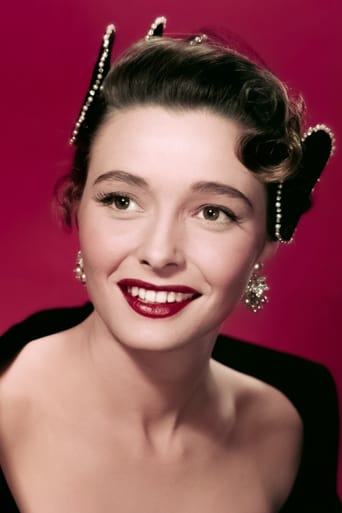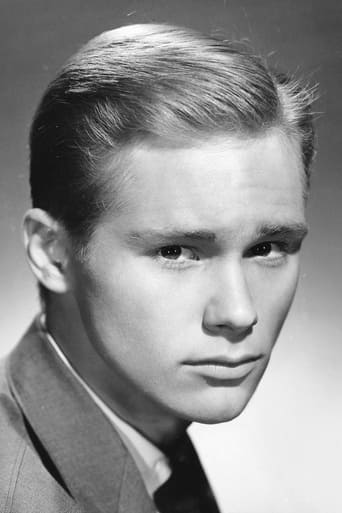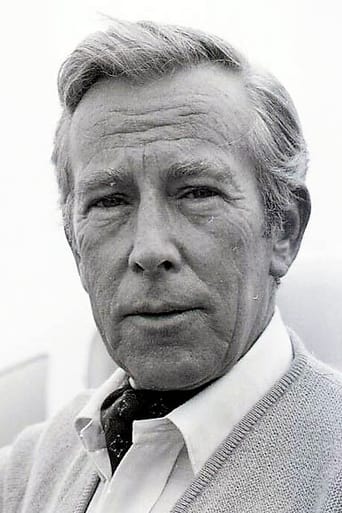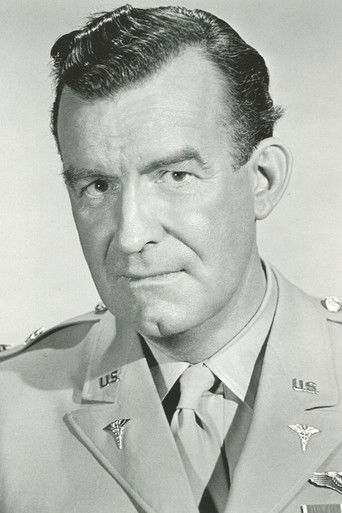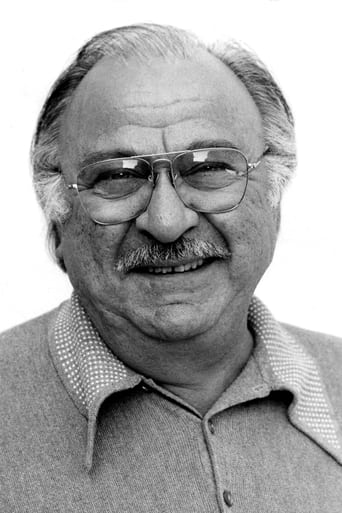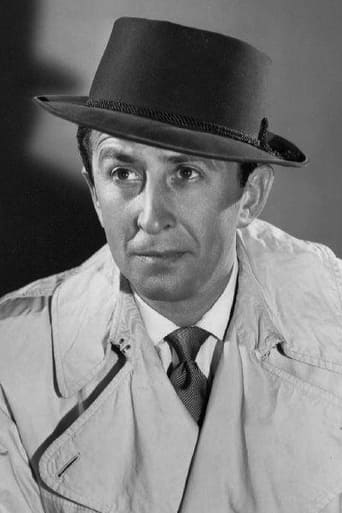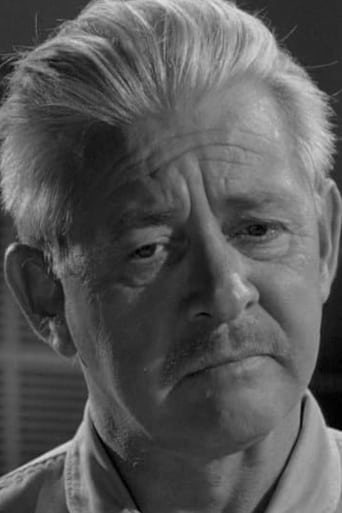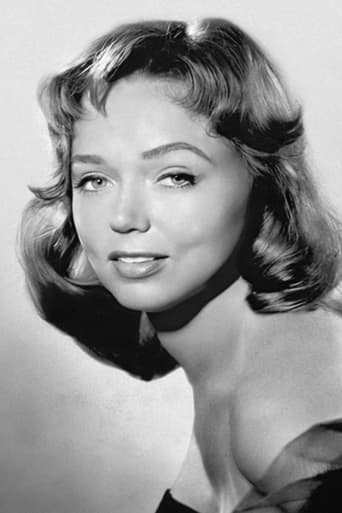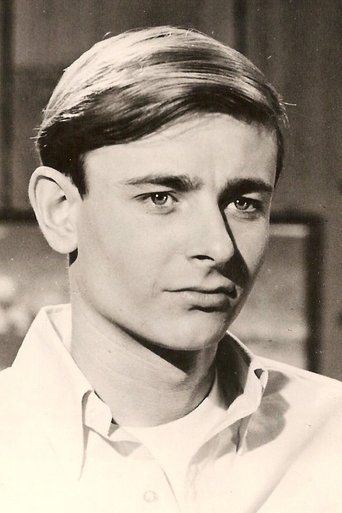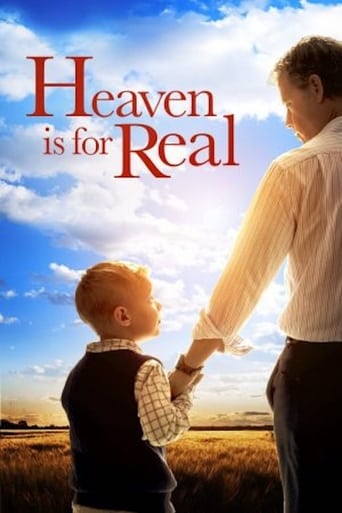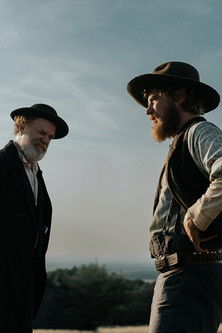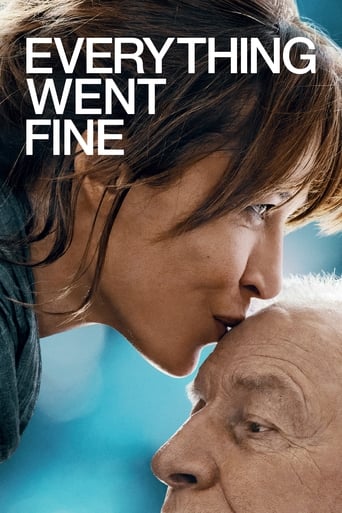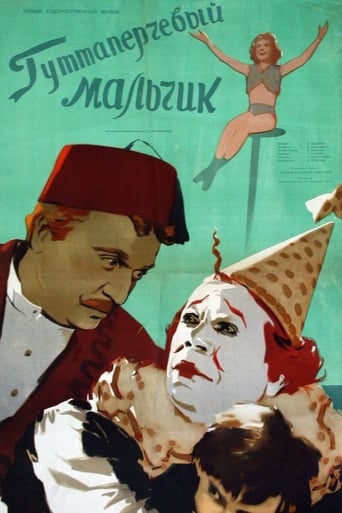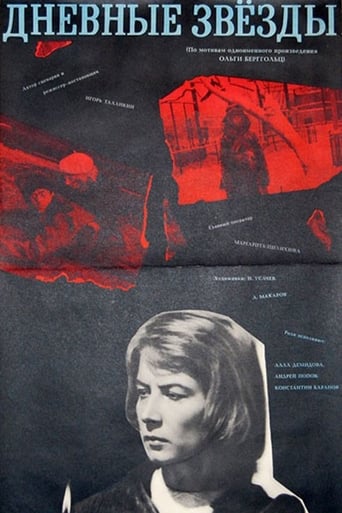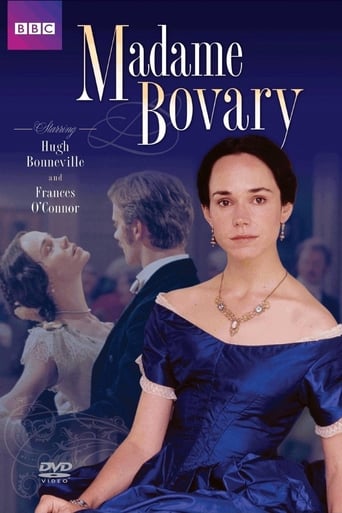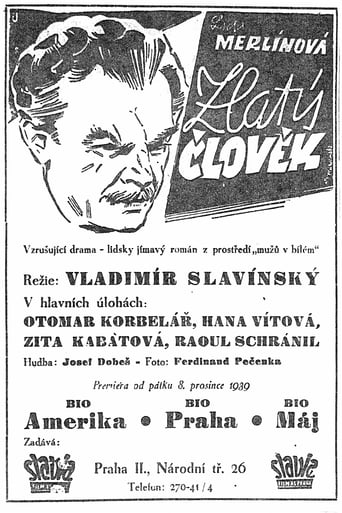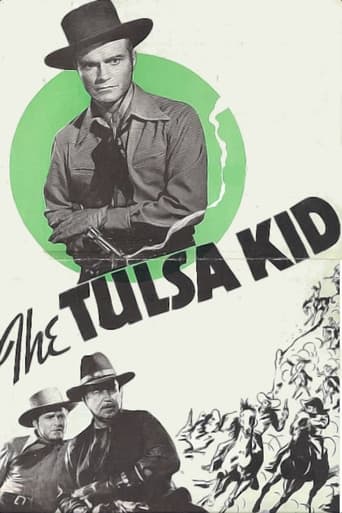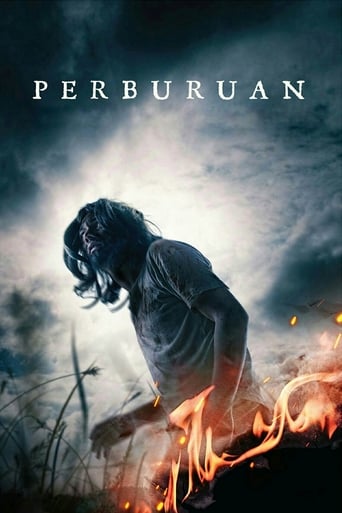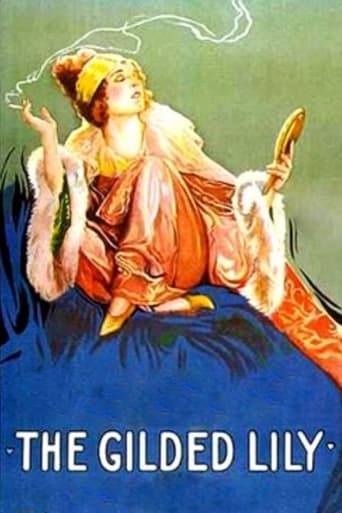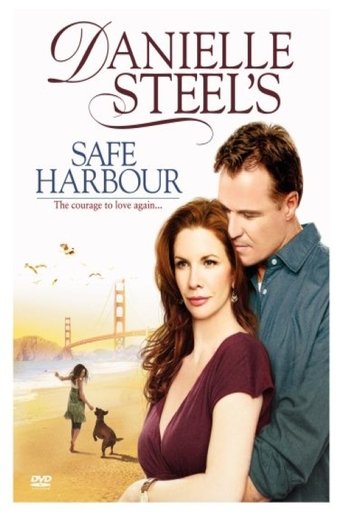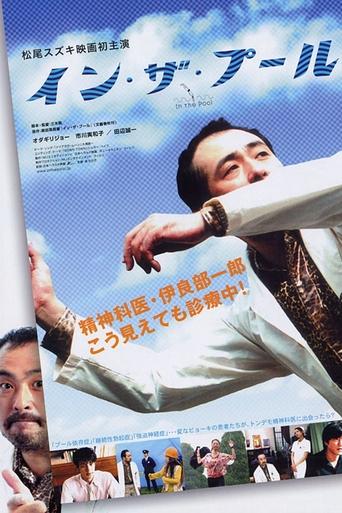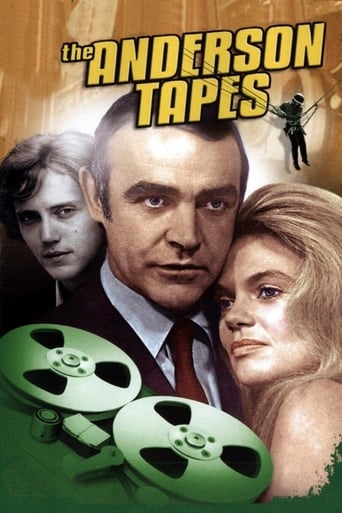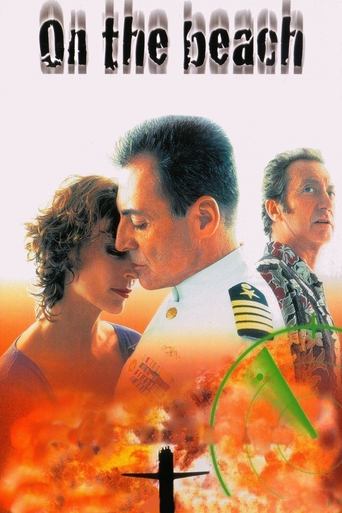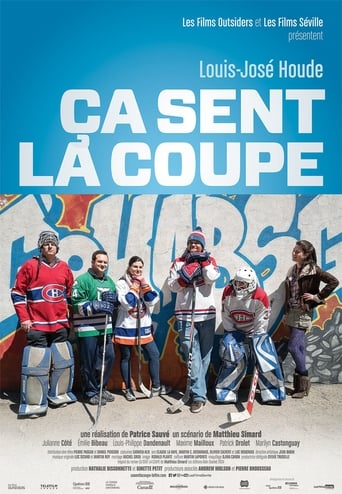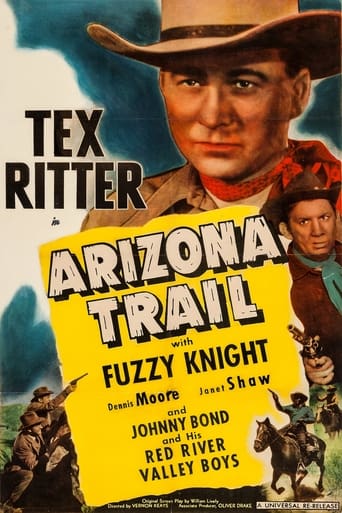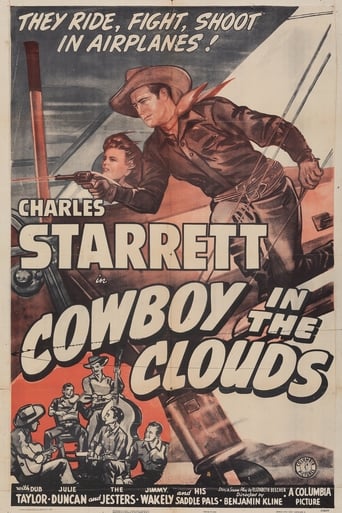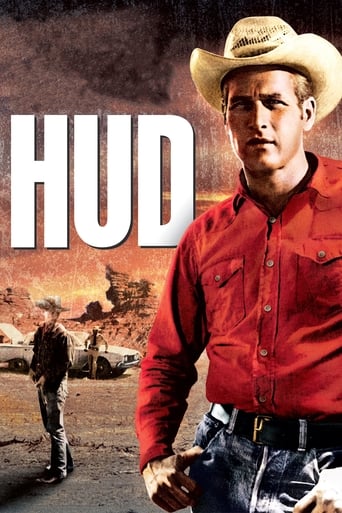
Hud (1963)
Hud Bannon is a ruthless young man who tarnishes everything and everyone he touches. Hud represents the perfect embodiment of alienated youth, out for kicks with no regard for the consequences. There is bitter conflict between the callous Hud and his stern and highly principled father, Homer. Hud's nephew Lon admires Hud's cheating ways, though he soon becomes too aware of Hud's reckless amorality to bear him anymore. In the world of the takers and the taken, Hud is a winner. He's a cheat, but, he explains, "I always say the law was meant to be interpreted in a lenient manner."
- Martin Ritt
- Charles C. Coleman
- Larry McMurtry
- Irving Ravetch
- Harriet Frank Jr.
Rating: 7.257/10 by 307 users
Alternative Title:
Hud - US
ハッド - JP
O Indomado - BR
Hud: O Mais Selvagem Entre Mil - PT
Le plus sauvage d'entre tous - FR
El indomable - AR
Hud, el más salvaje entre mil - ES
Der Wildeste unter tausend - DE
Country:
United States of America
Language:
English
Runtime: 01 hour 52 minutes
Budget: $2,500,000
Revenue: $10,000,000
Plot Keyword: based on novel or book, rodeo, texas, ranch, alcoholism, rebellious youth, housekeeper, neo-western, hero worship, preserved film
You're an unprincipled man, Hud. Hud is directed by Martin Ritt and adapted to screenplay by Irving Ravetch and Harriet Frank Jr., from the Larry McMurty novel Horsemen, Pass By. It stars Paul Newman, Melvyn Douglas, Patricia Neal and Brandon de Wilde. Music is by Elmer Bernstein and cinematography by James Wong Howe. Hud Bannon (Newman) doesn't care for much outside of himself, life is to be enjoyed by drinking, fighting, bedding women and basically anything as long as he avoids responsibility for it. This greatly upsets his father, Homer (Douglas), a very principled man who is tormented that a son of his could turn out so rotten. Troubling him still further is that his grandson, Lonnie (de Wilde) is getting closer to Hud and he's in danger of being corrupted to Hud's unprincipled ways I done my time with one cold blooded bastard, I'm not looking for another. It may be filmed in Panavison, with sumptuous black and white photography by Howe (Academy Award for Best Cinematography), but this is a dry dust bowl set drama, one that is thriving on dialogue and propelled by a mean spirited protagonist. Film is essentially a four character piece, with those four characters confined to small town Americana and a family ranch that is going under now that the livestock has contracted deadly foot and mouth disease. Bannon's senior and junior battle it out for the soul of young Lonnie, with Patricia Neal's smouldering older woman house keeper simultaneously playing mother, wife and potential girlfriend to all three Bannon men. It's a hot-pot combination given great edginess by the Ravetch and Frank screenplay. There's very little action, except some brief bar room brawling and speedy car driving, but there's terrific literary drama in the narrative. As Hud Bannon strips off each self-absorbed layer, so the film shifts up another gear. Old people get as hard as their arteries sometimes. Be warned, this is no happy picture. This is not a case where the supremely handsome face of Paul Newman will ultimately warm your heart, picture is dealing in grimness and there is trouble waiting for everyone involved. Even Bernstein's score is on the reflective side of the fence, tenderly blending with Howe's melancholic images captured in and around this small Texas town. The four principal actors turn in wonderful performances, with Neal winning an Academy Award for Best Actress (though it's a relatively small role!) and Douglas also winning for Best Supporting Actor. Nominations went to Newman for Best Actor, Ritt for Best Director and also the screenplay and art direction was up for awards as well. As a production and execution of a moody story, Hud is up with the best of them. That is if you don't mind sombre dialogue driven stories? 8/10
Study of a creep. I don't want to be a spoiler, but that's what the movie is. And it's done in a very flowing way. We have four main characters, although the woman, played by Patricia Neal, soon leaves. The others are Hud, played by Paul Newman, his father, played by Melvyn Douglas, and his nephew played by Brandon de Wilde. Hud is vicious and selfish to the max. His father tries to get him to reform. At first we see this through the nephew's yes of innocence, thinking Hud is just a misunderstood rogue, but Hud is no Shane for Brandon de Wilde. They have a ranch, and Hud's brother had a bad ending, for which Hud doesn't seem to care about much. We soon learn Hud isn't hiding feelings. He tells his father that if the herd is infected with a disease, to sell the meat and not tell anyone, when they both know full well that the herd would infect every herd in the area if that happens. As the father says, "hud is an unprincipled man. The film is mostly about how the nephew learns the truth about Hud. It's disappointing to the nephew, but he becomes a better man for it. It isn't exactly a feel good movie, but it isn't exactly a feel bad movie, either, because the nephew is a beacon of hope.
Although he takes top billing here, it isn't actually Paul Newman's eponymous role that stands out for me here. That would jointly be Patricia Neal's long suffering 'Alma" and Brandon De Wilde's naive and innocent "Lon". The latter lad is the nephew of "Hud" and all live with his grandfather "Homer" (Melvyn Douglas) on his cattle ranch. "Homer" is a decent cove, "Alma" is their housekeeper and "Hud" - well he just boozes and womanises his way through life with an engaging aptitude that seems to have turned him and his father against each other. "Lon", meantime, adores his uncle and wants to emulate him - a fact that "Hud" is aware of and, to a certain extent, exploits to make himself feel better. That's maybe the root of his problems. He doesn't feel. Not for himself, nor for his lovers, nor for his family - his life is all rather empty and at that Newman delivers well - without imbuing his character with even the merest hint of melancholy or regret. The threat of disease hits the herd, though, and that potential disaster starts to focus all attentions on this dysfunctional familial relationship and events start to focus "Hud" on his priorities. Is it all too late, though? De Wilde seems to me to be the eyes of the story. From his perspective we see the behaviour around him vacillate from kindly, loving and friendly to violent and thoughtless. It's his very butter-wouldn't-melt character that serves to highlight the strengths and weaknesses amongst the others and by the denouement, well I almost felt sorry to Newman's strikingly sad and lonely persona. I thought it might be hard to take a dislike to any character the usually charming Newman might play, but this performance made that easy - a testament to his versatility. Neal features quite sparingly, but her character comes across and strong and determined, a little vulnerable but in the end, cognisant of the flaws in a man whom, ultimately, she just couldn't trust. As we learn a little more of the back story, maybe we feel a little sympathy for the wayward cowboy. Maybe not.



